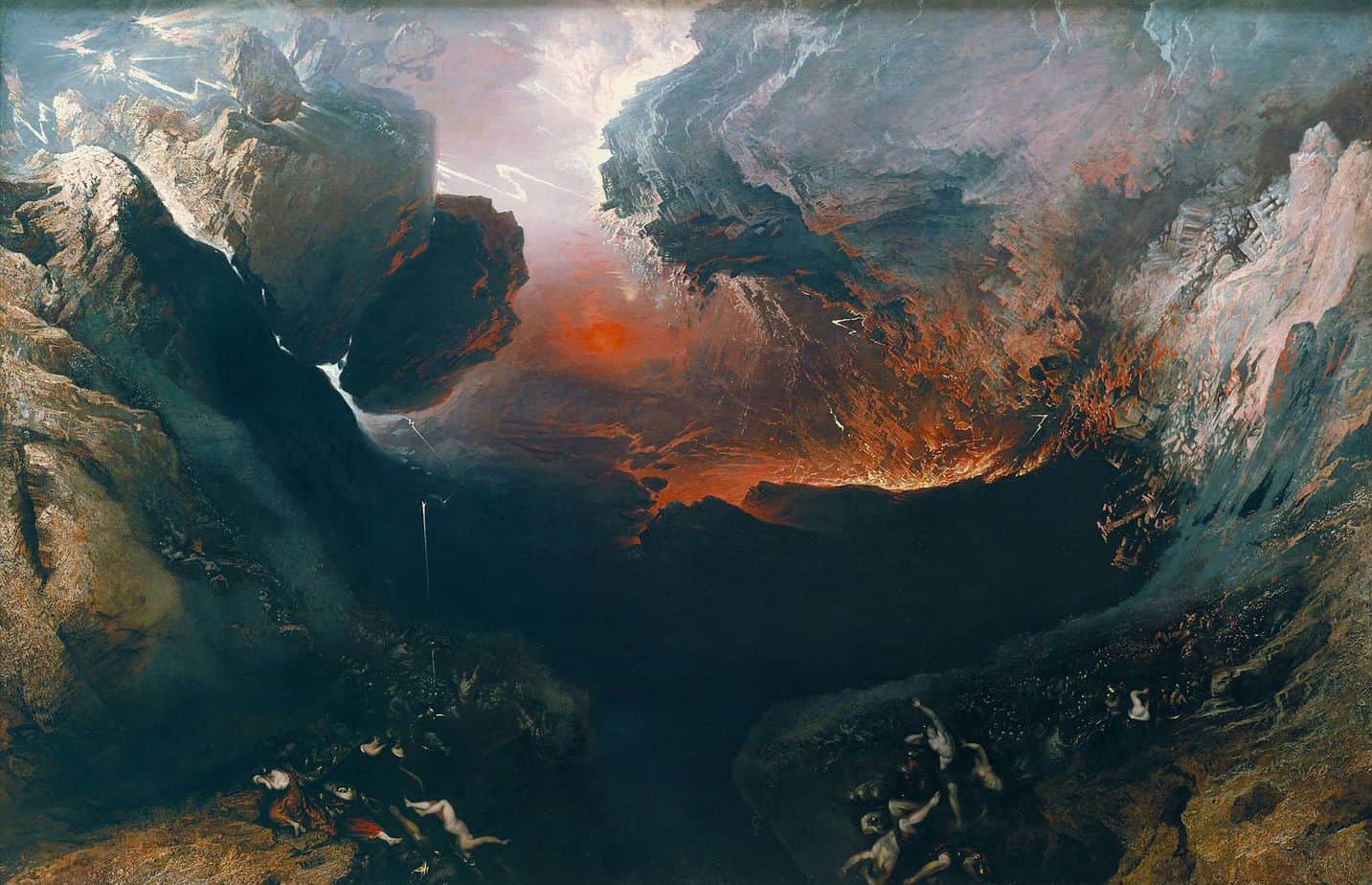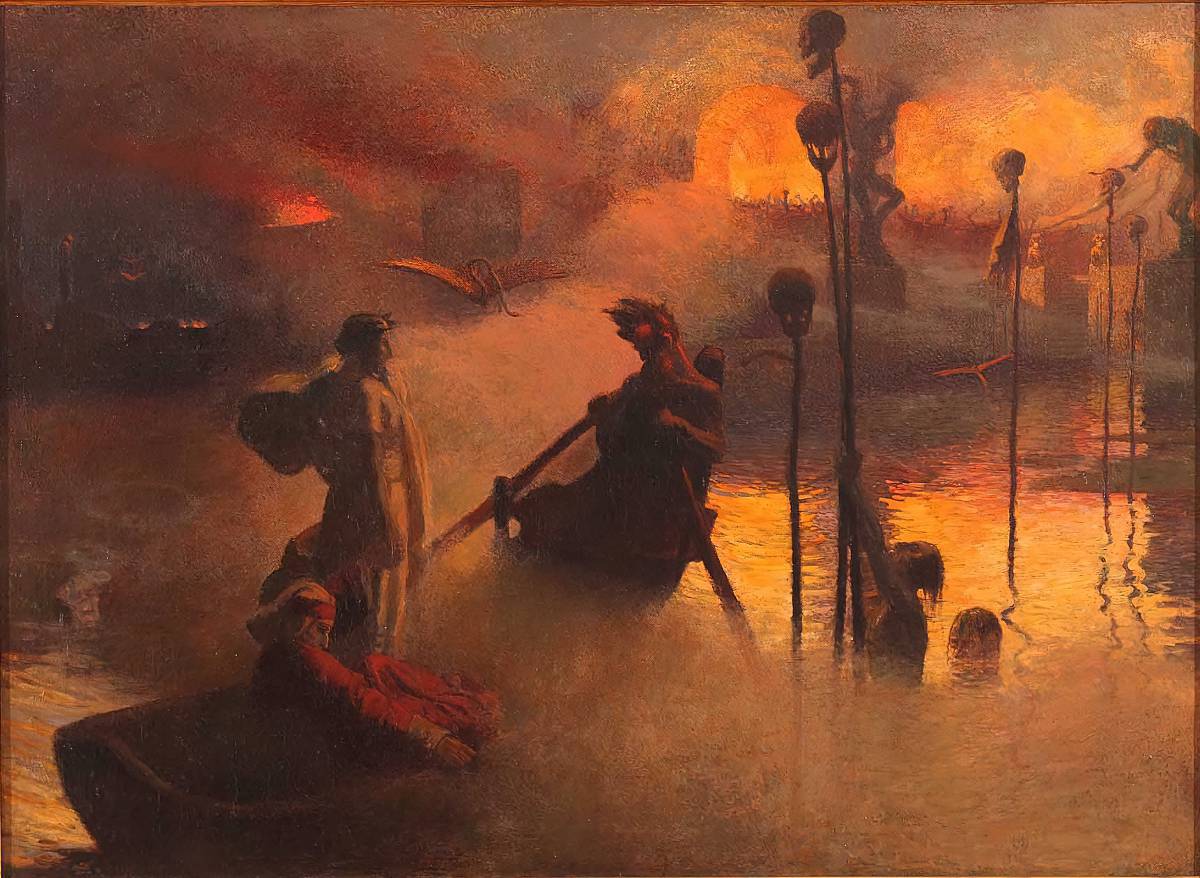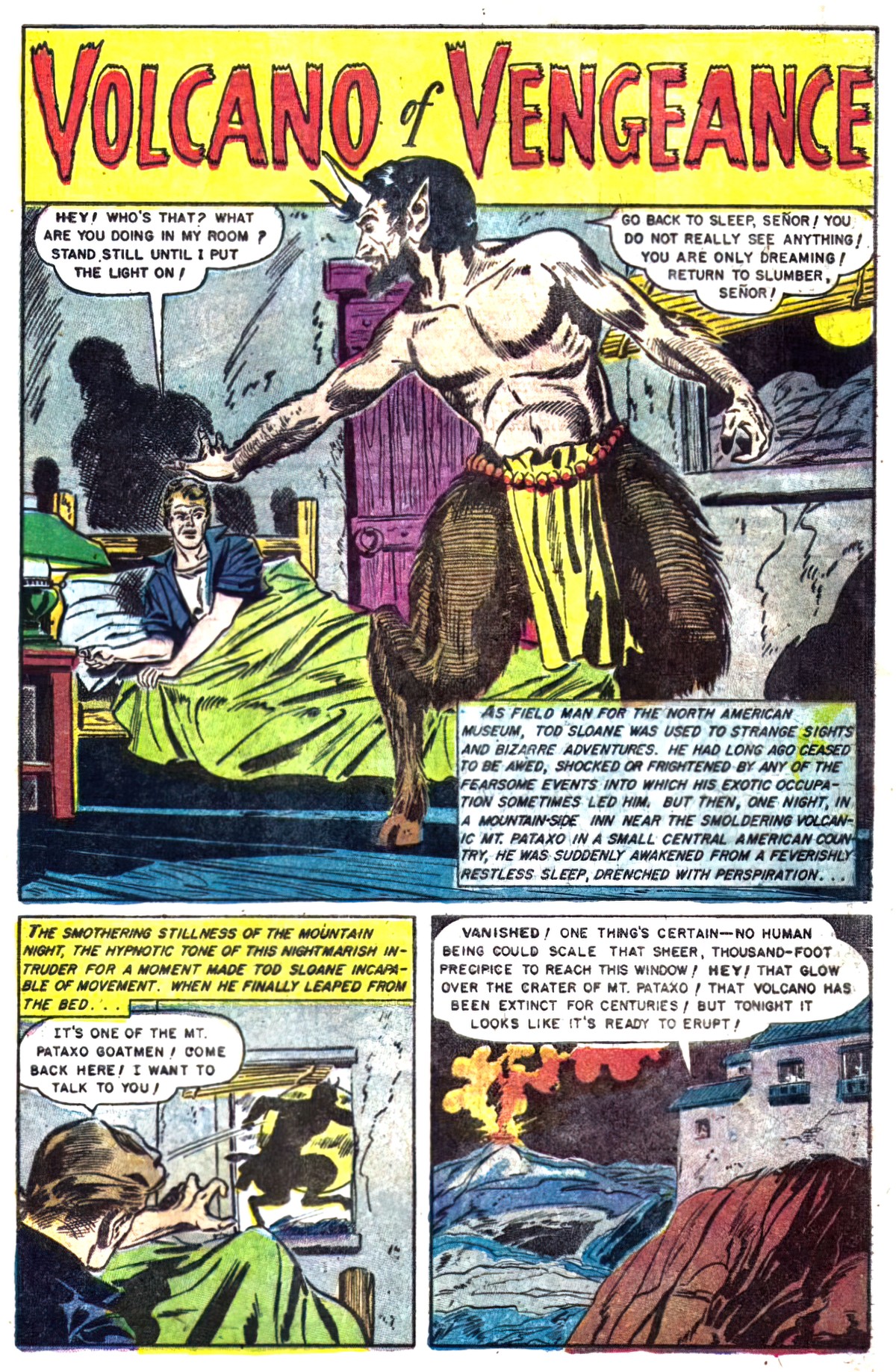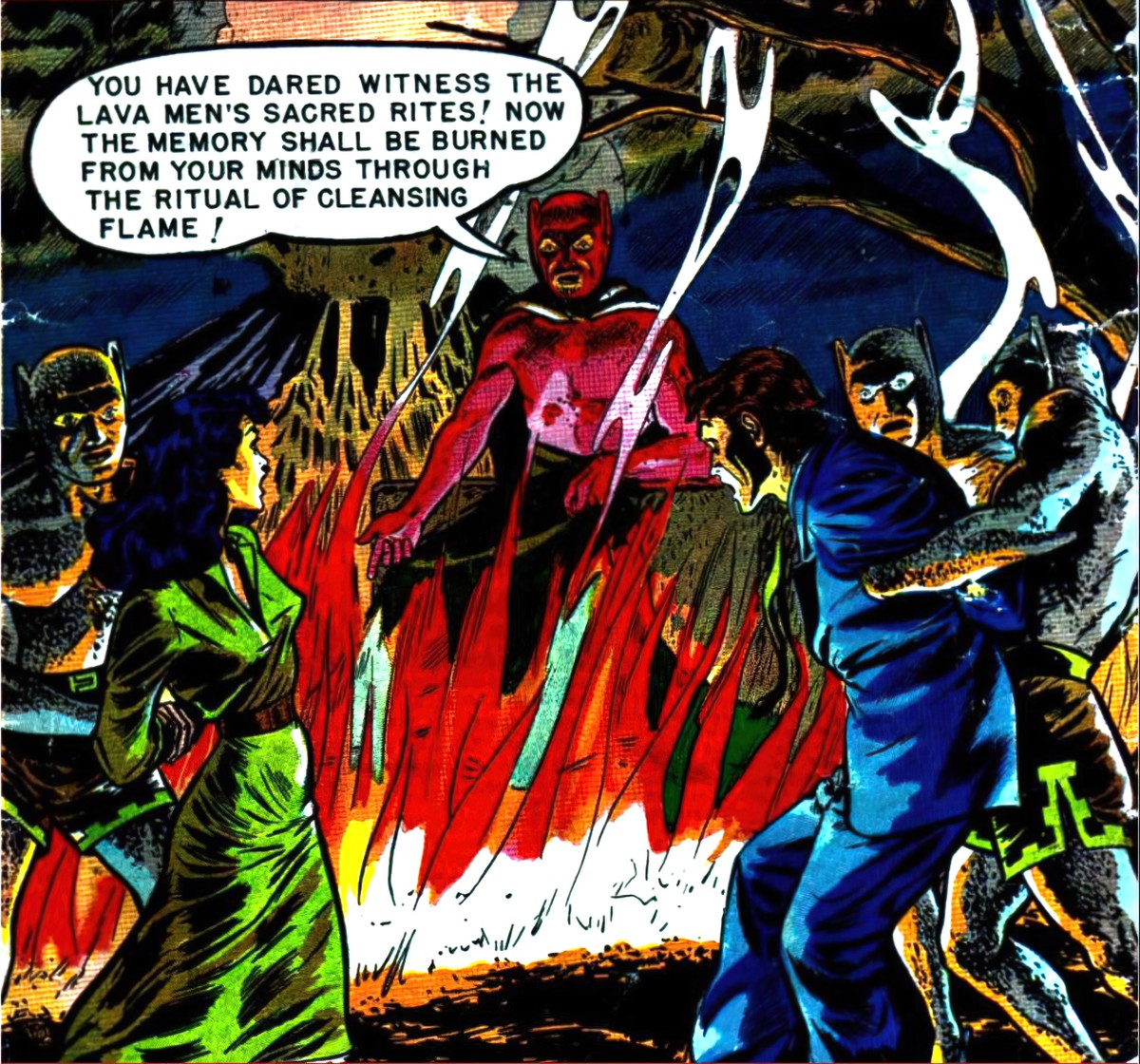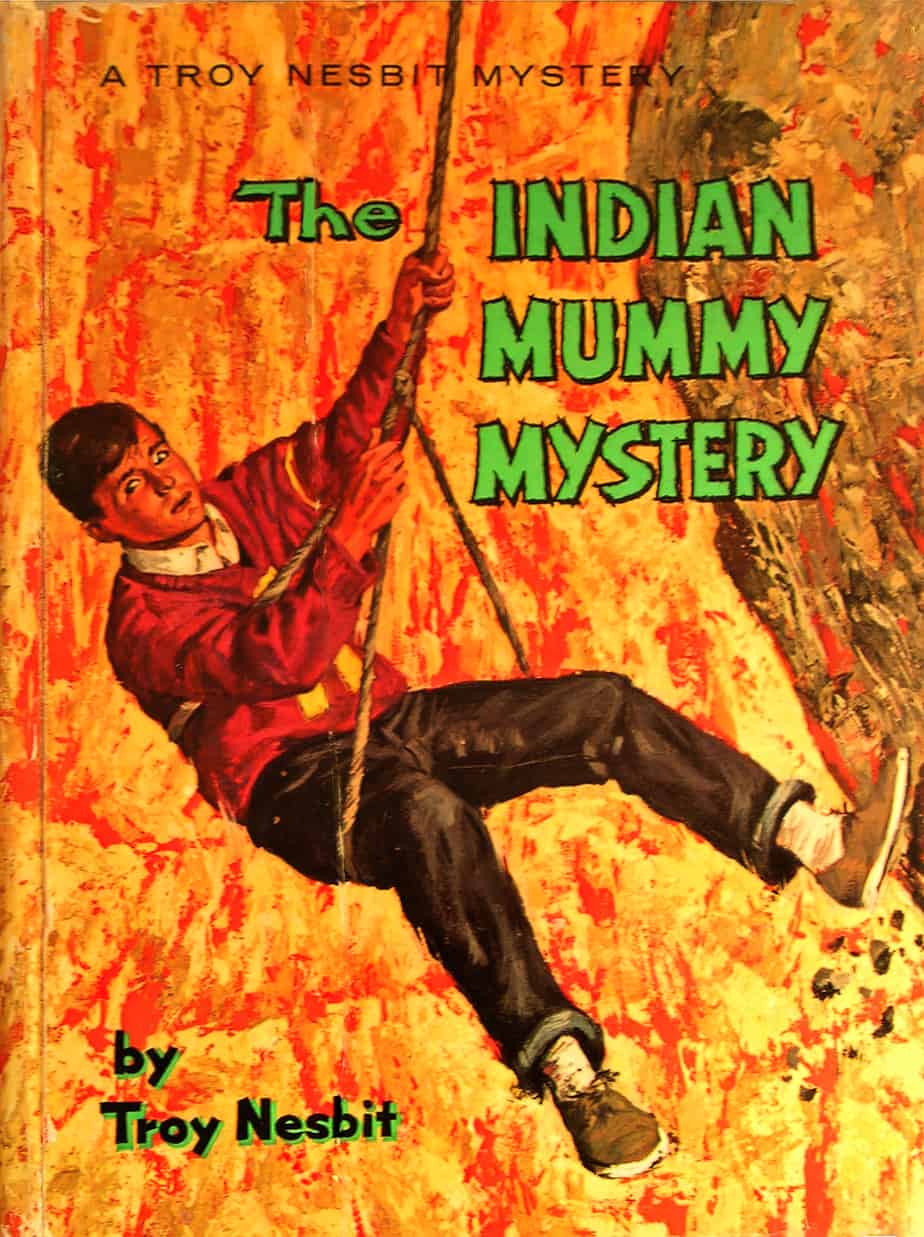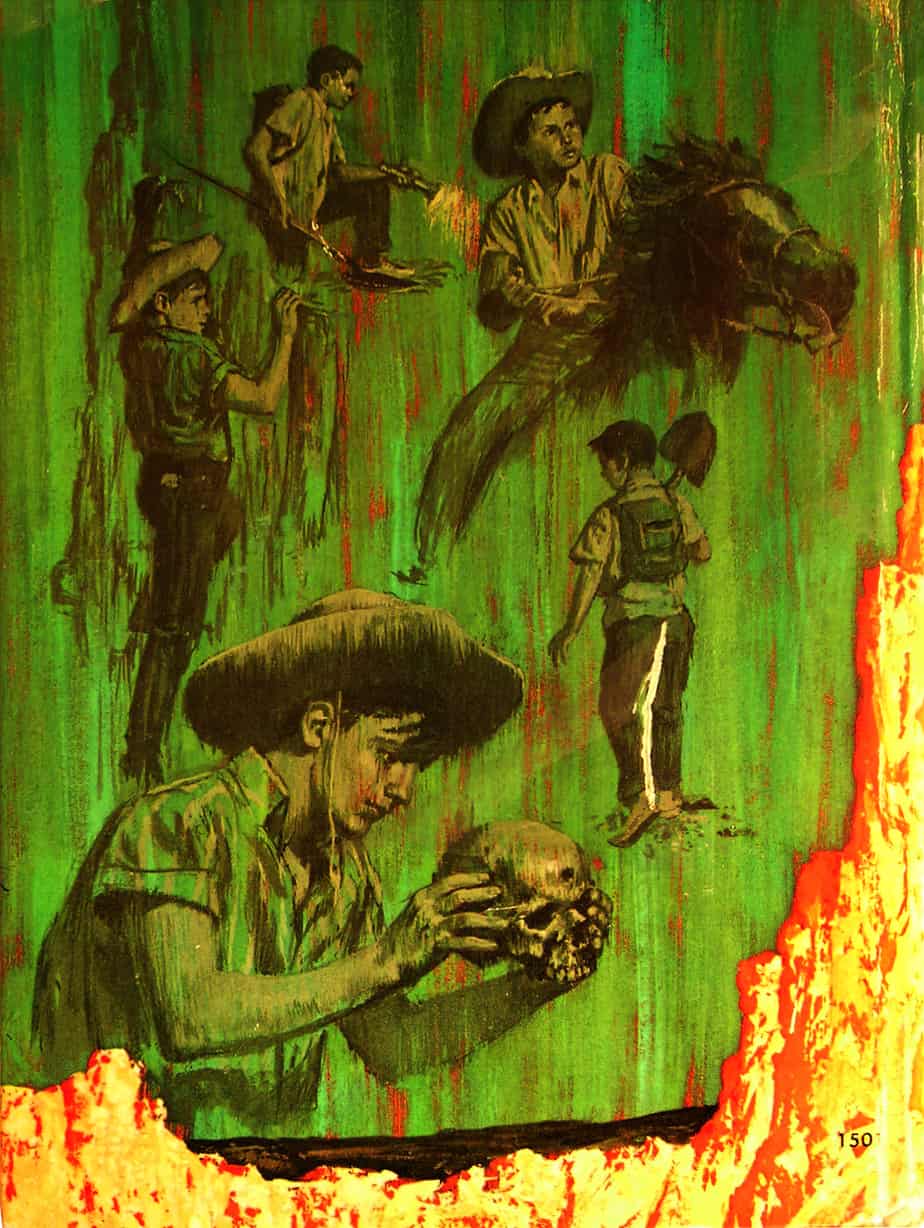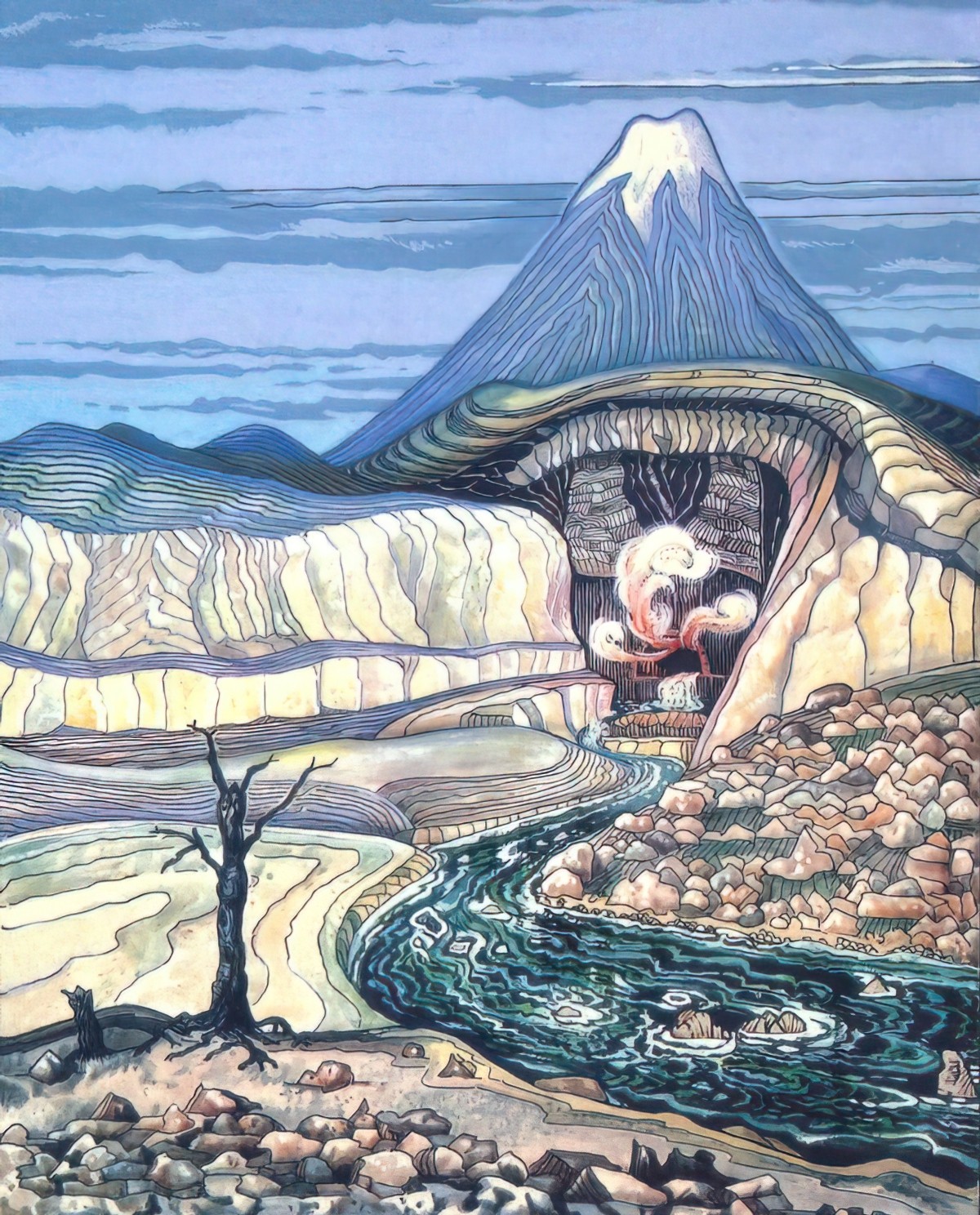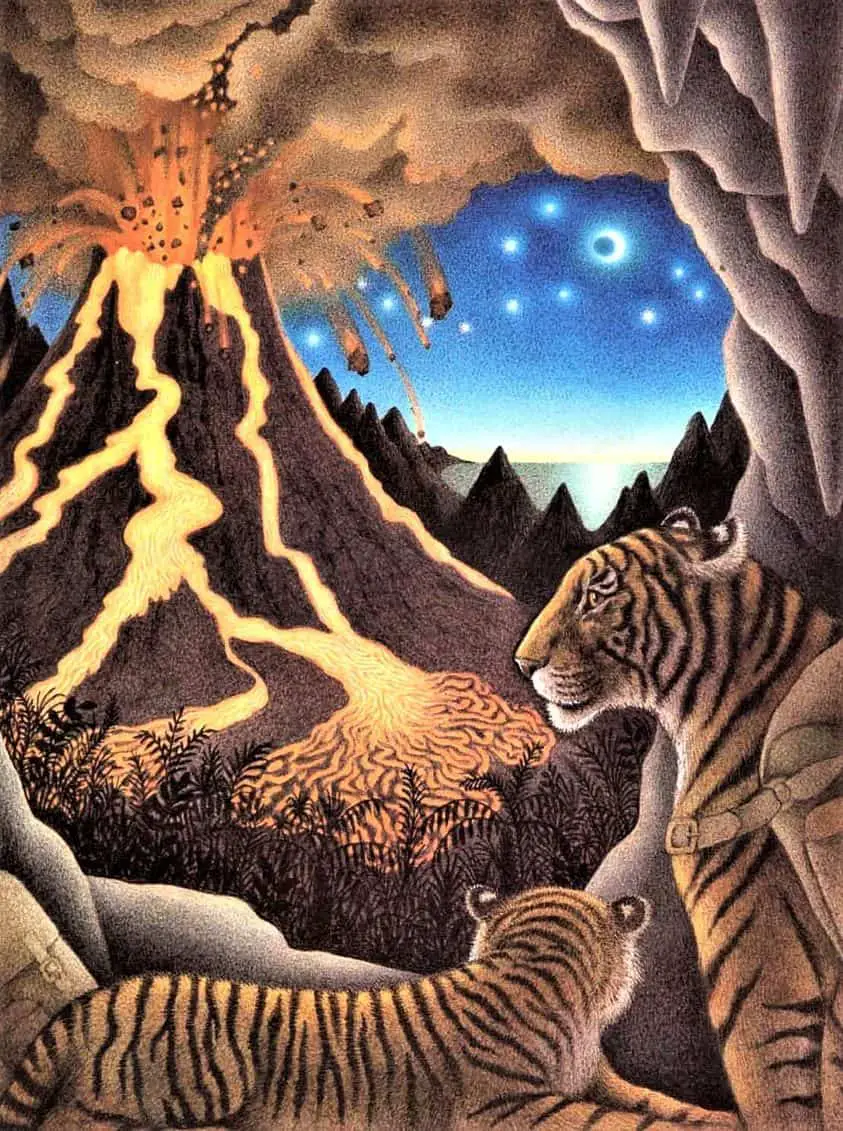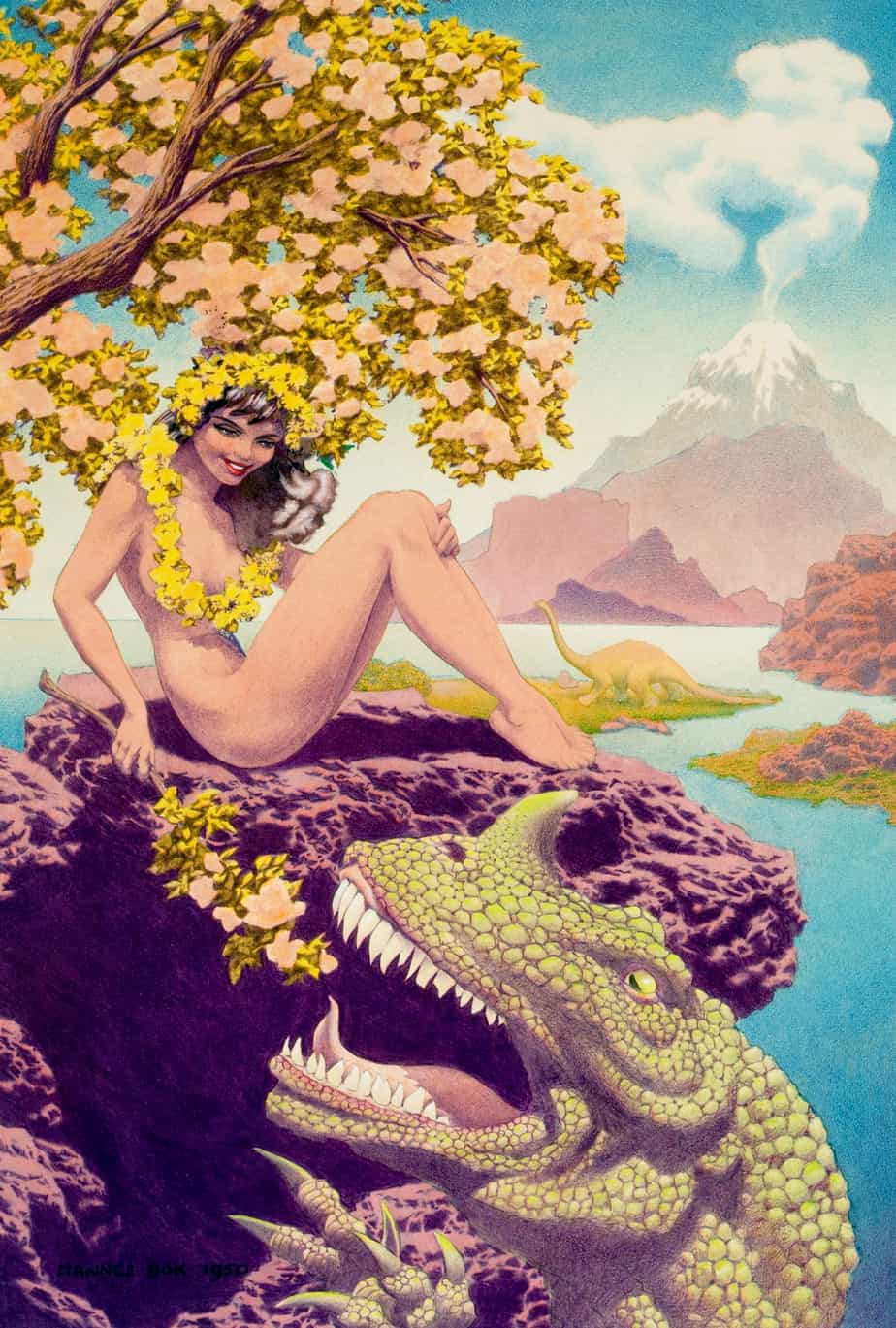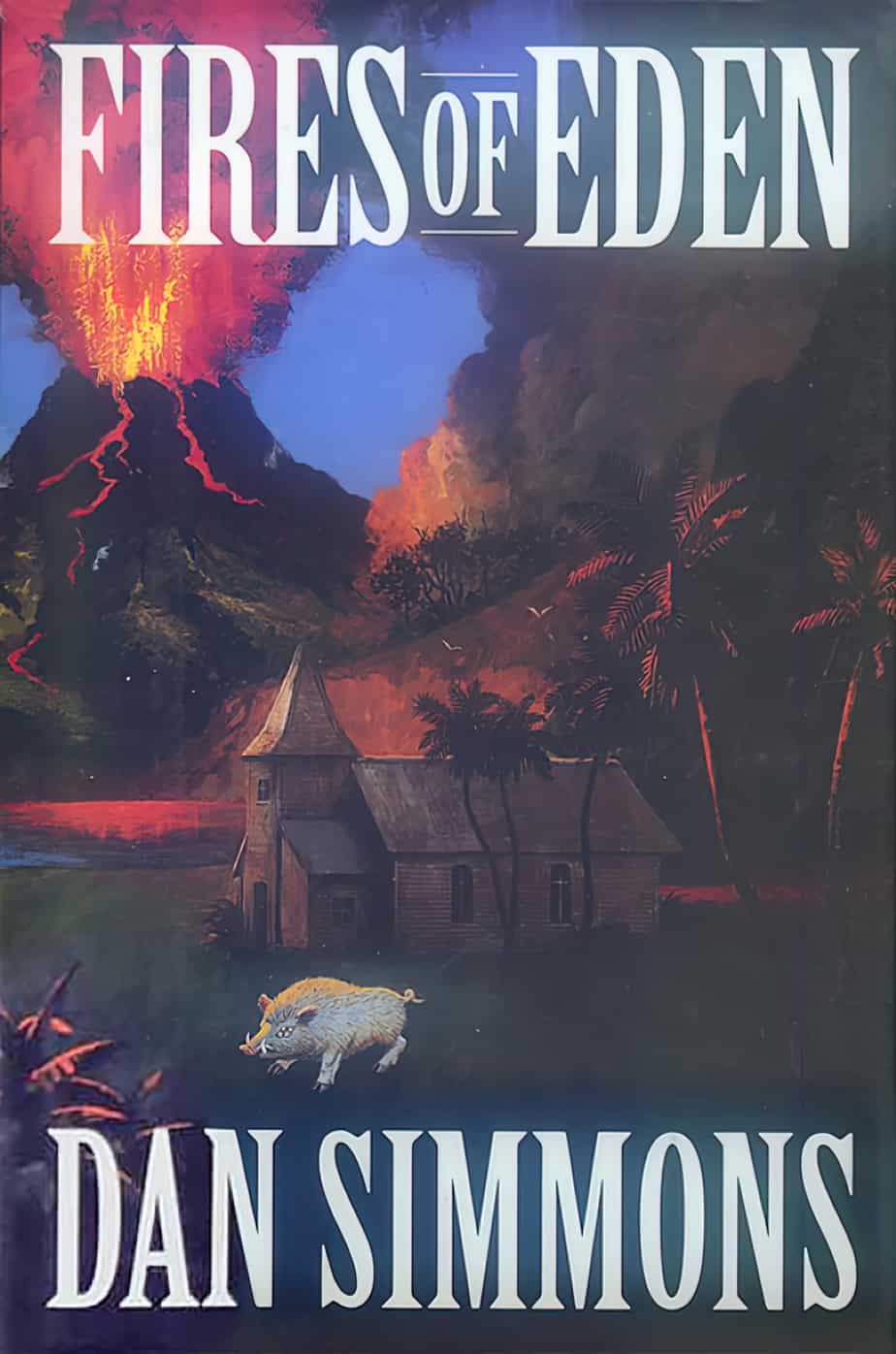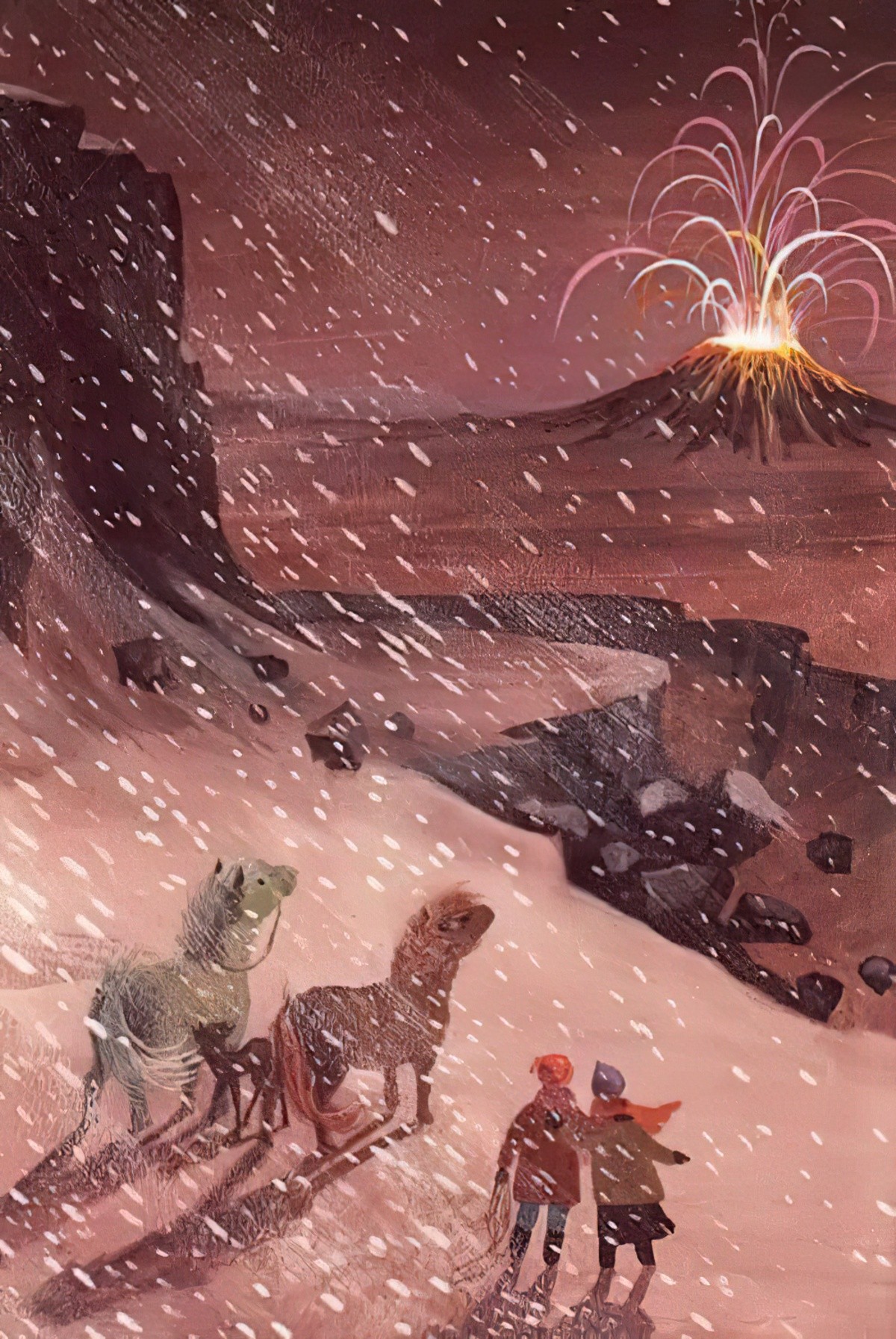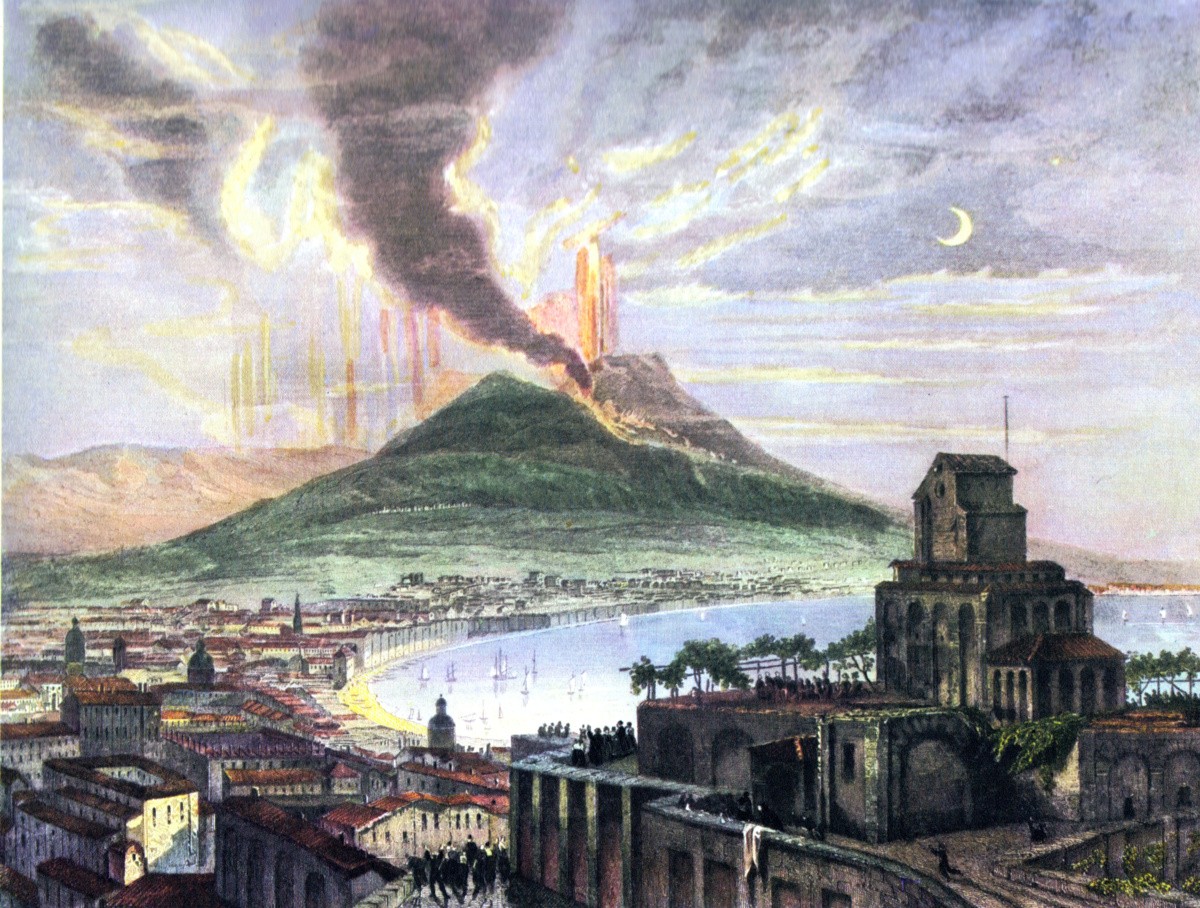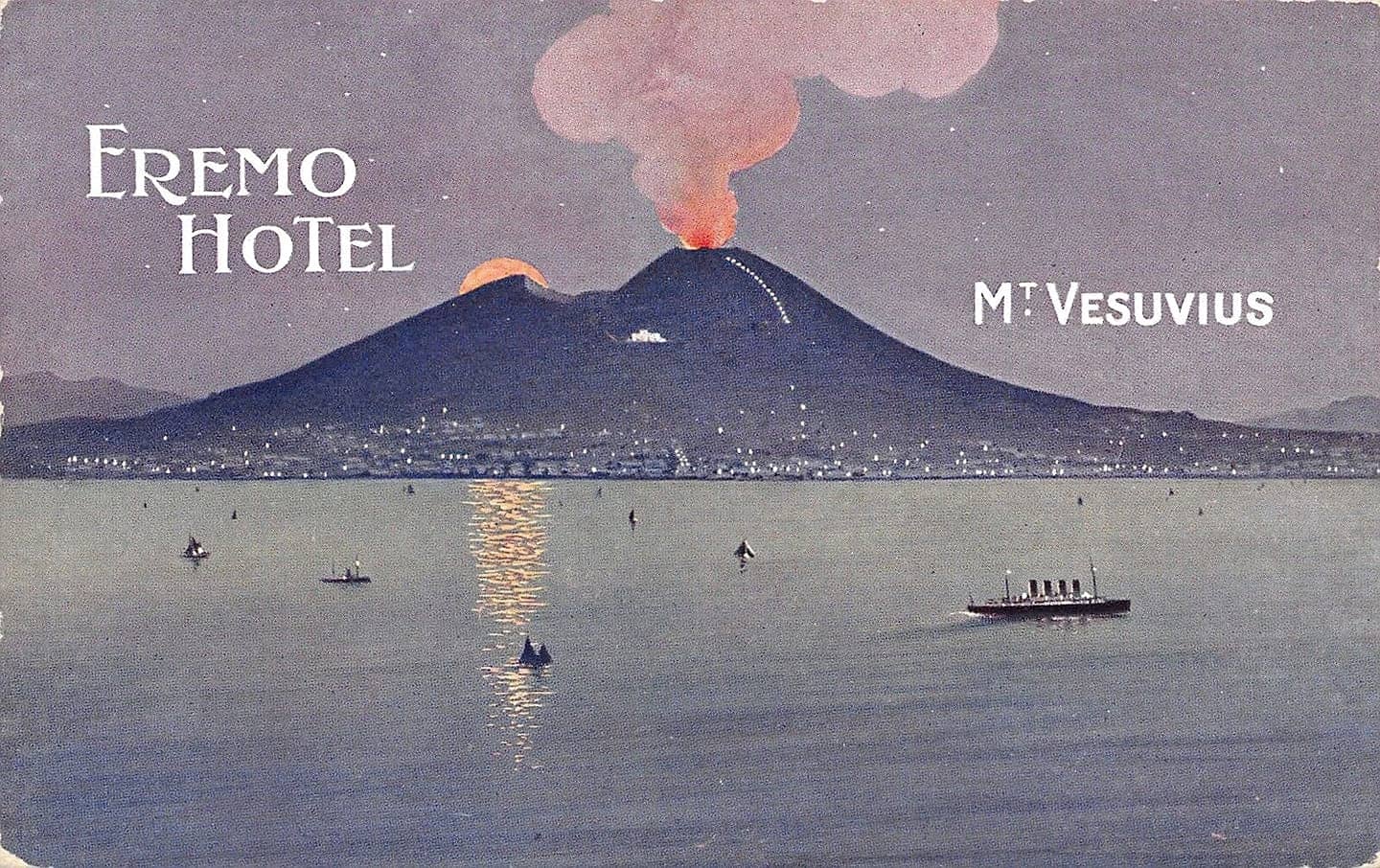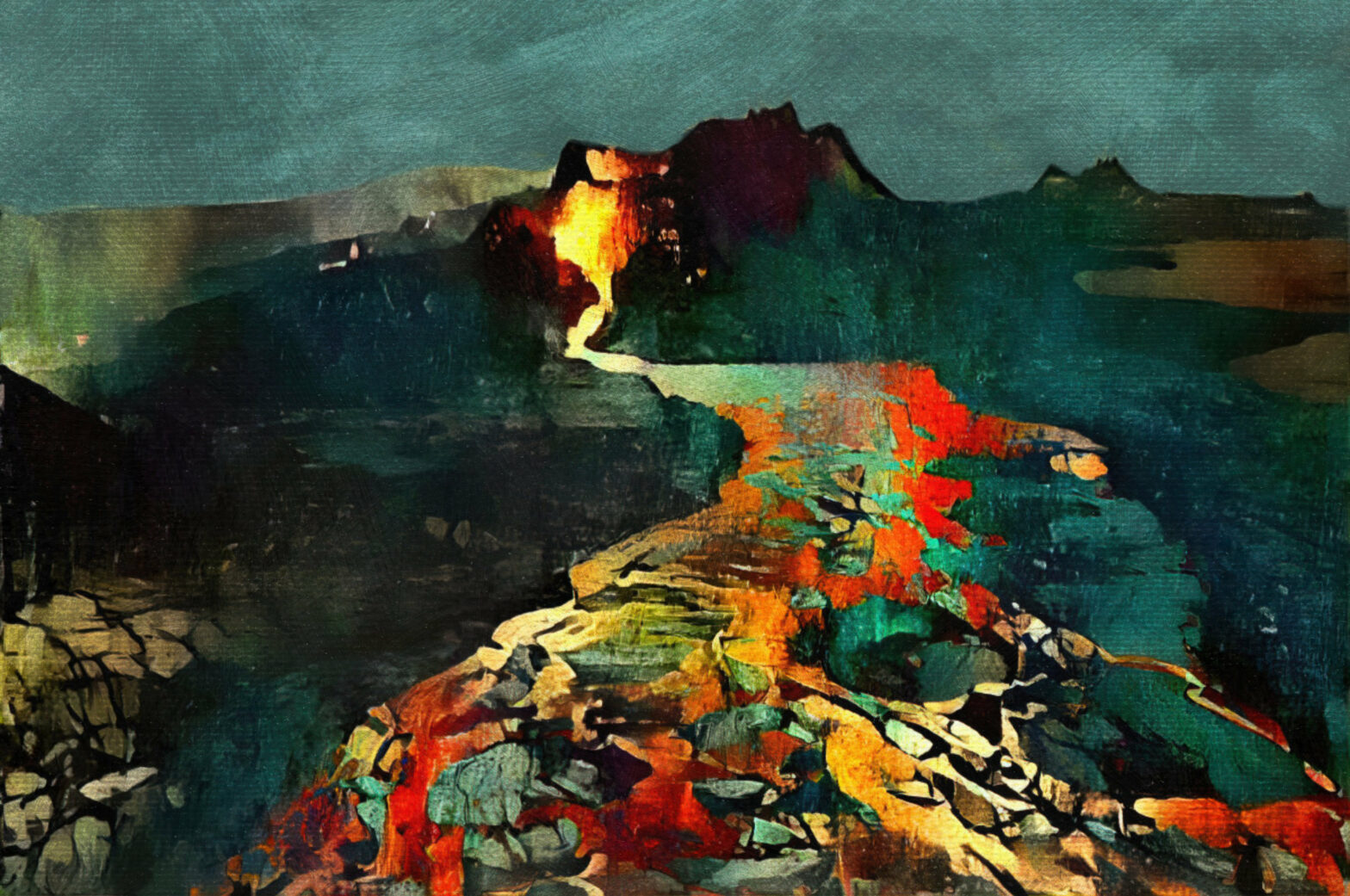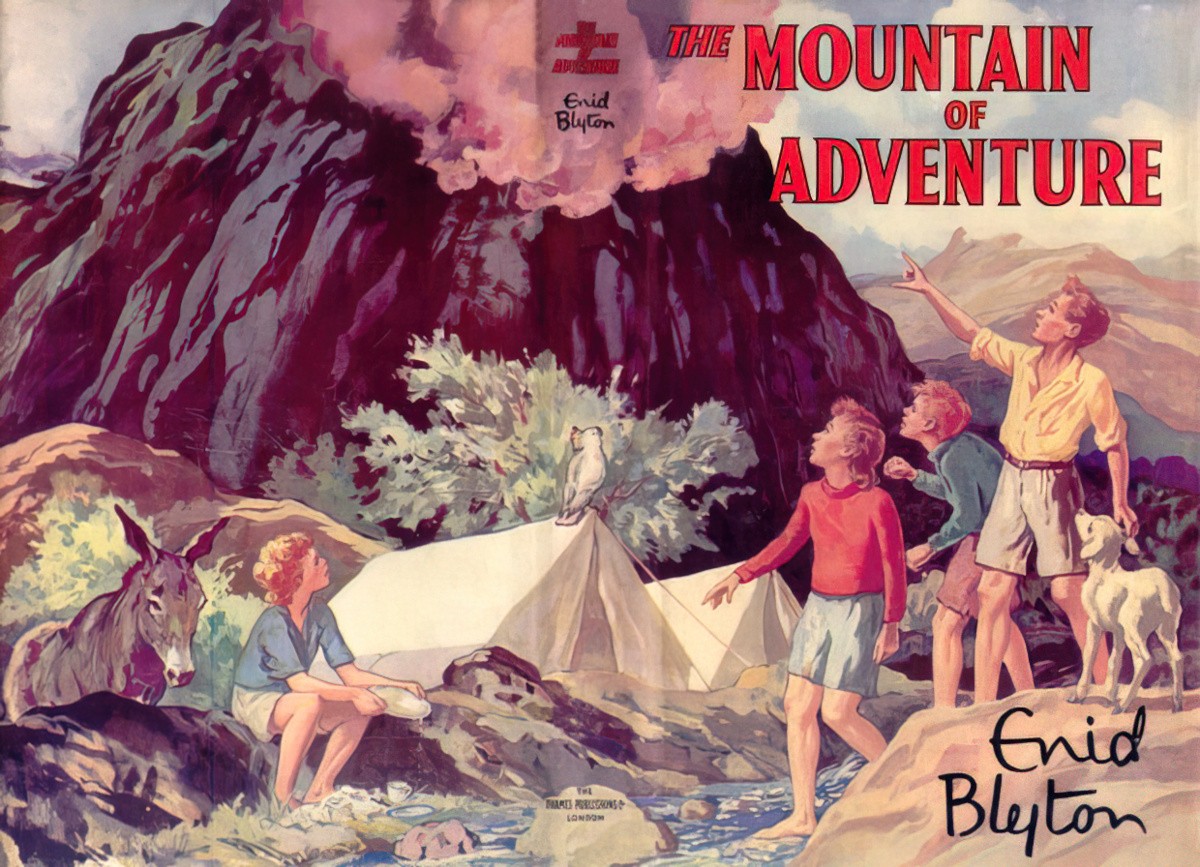
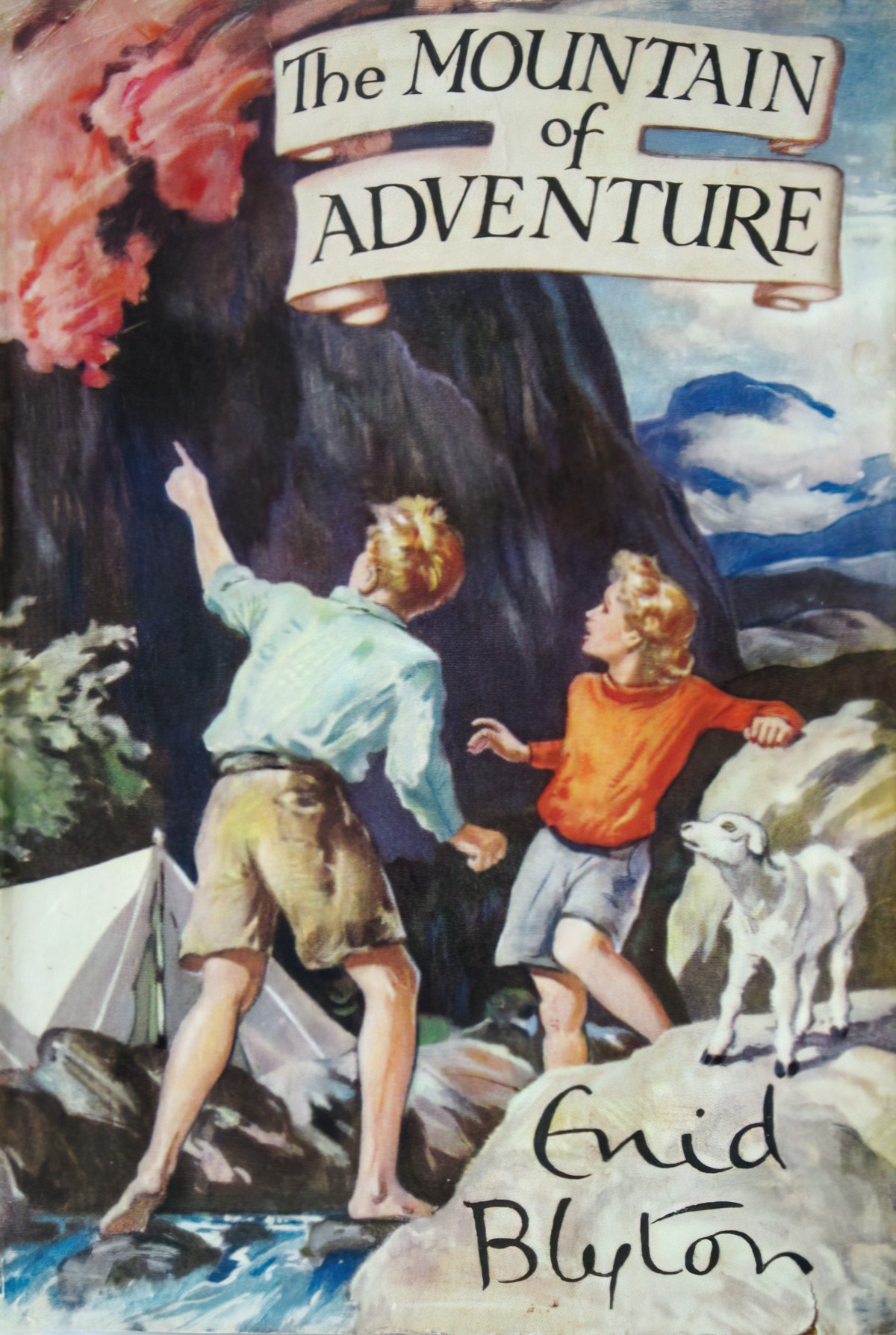
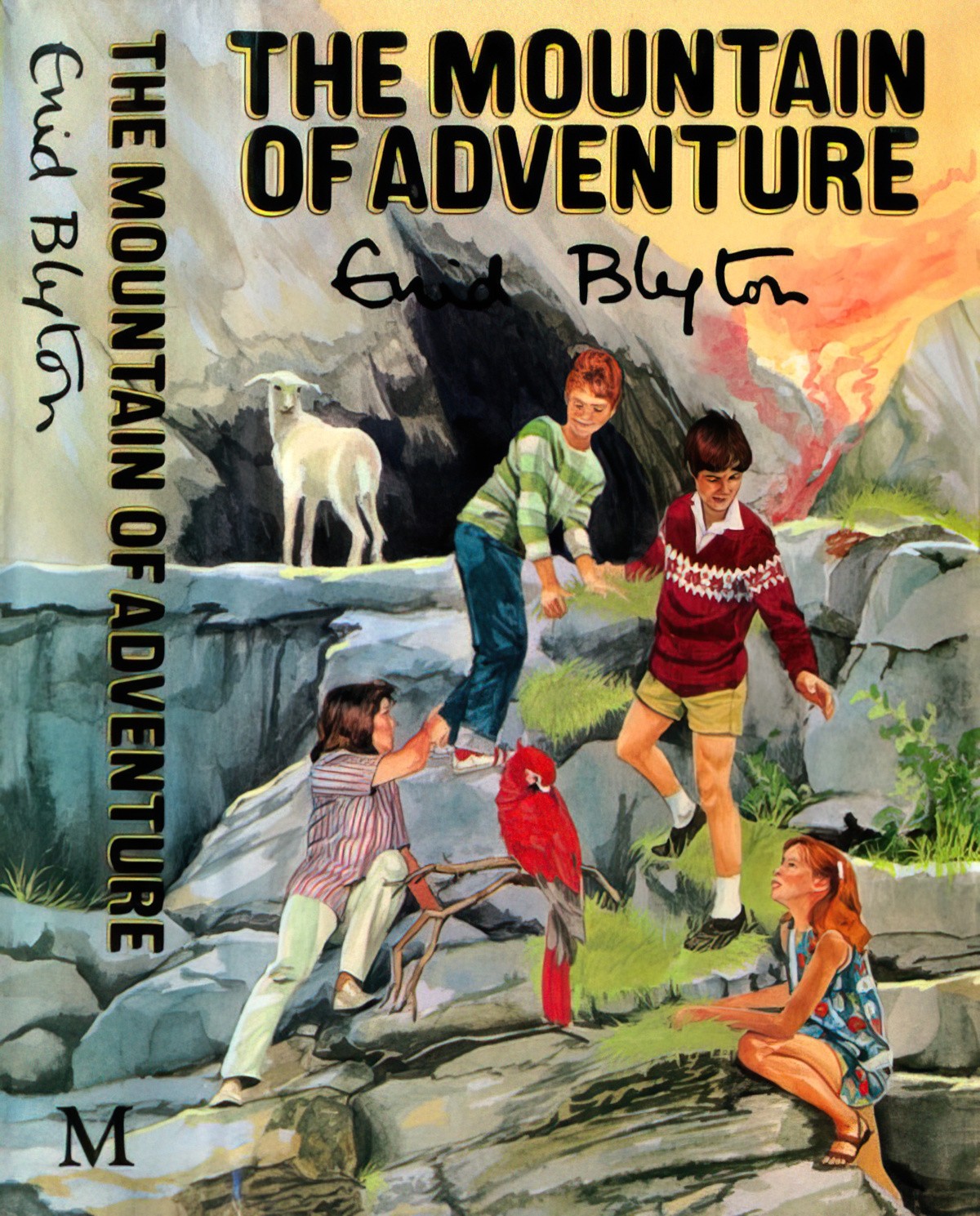
“What in the world was that?” said Philip at last. “An earthquake? Gosh, I was scared!”
“Oh, Philip! This mountain isn’t a volcano, is it?” said Lucy-Ann, gazing up at it fearfully.
“Of course not! You’d know a volcano all right if you saw one!” said Jack. “This is a perfectly ordinary mountain—and goodness knows why it should have rumbled like that, and trembled beneath us. It gave me a horrible feeling.”
“I told you I had one of my ‘feelings’ about this mountain,” said Lucy-Ann. “Didn’t I? I feel very queer about it. I want to go back to the farm-house and not stay here.”
“So do we all,” said Philip. “But we shouldn’t know the way, Lucy-Ann. It isn’t as if we’d followed a track—we left the track as you know, and part of the way we were in thick mist—we shouldn’t have the faintest idea of the way.”
“I know you’re right,” said Lucy-Ann. “But I don’t like this mountain—especially when it starts to rumble and shake! What made it?”
Nobody knew. They got up, cleared away the meal and went to splash in the little stream. The wind suddenly began to blow rather chilly, and, looking up, the children saw that big clouds were coming up from the south-west.
The Mountain of Adventure by Enid Blyton
Without complaining, Magda relinquished Rosa’s teats, first the left, then the right; both were cracked, not a sniff of milk. The duct-crevice extinct, a dead volcano, blind eye, chill hole, so Magda took the corner of the shawl and milked it instead.
“The Shawl”, a short story by Cynthia Ozick
Some people believe the painting below is inspired by the rapid industrialisation of England in the early nineteenth century.
